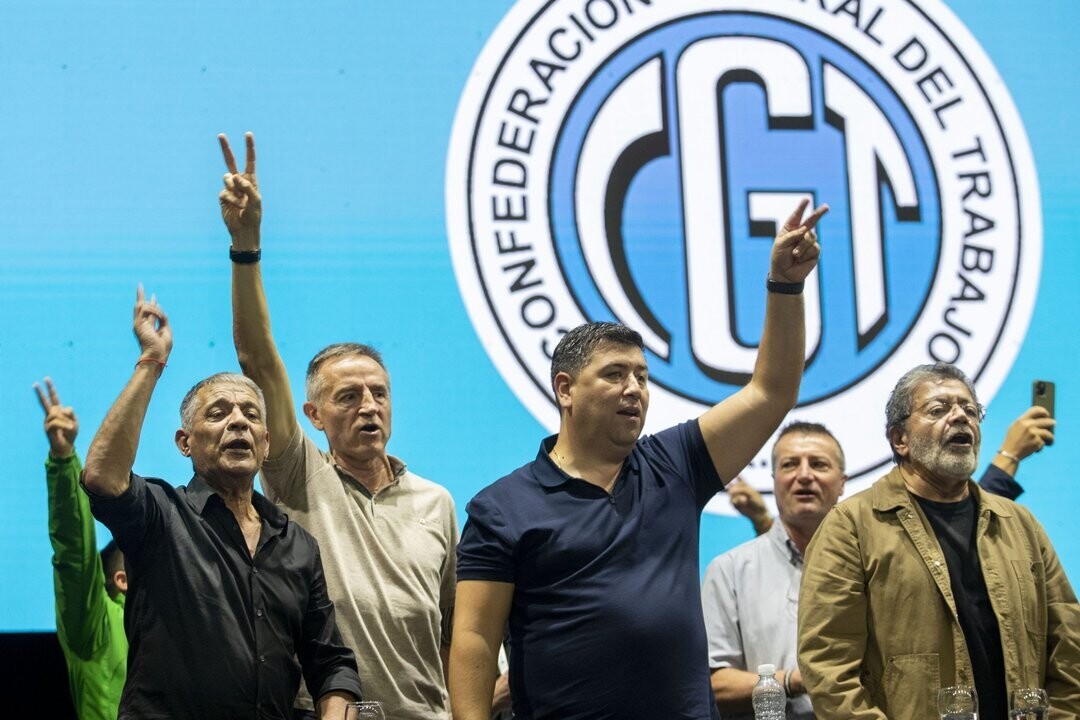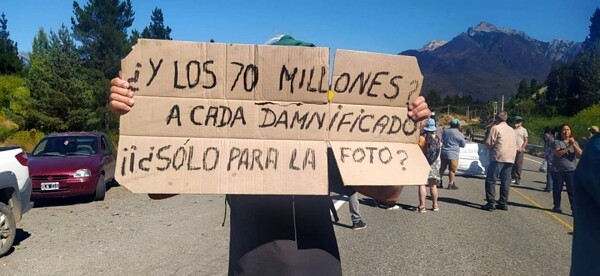
The new CGT triumvirate has stated its readiness to firmly resist any issues that mean a step backwards, such as an increase in the working day. Newly elected triumvir Cristian Jéronimo stated this in an interview with the Argentine News Agency. The CGT observes that while the world is talking about reducing the working day, 'here they are talking about increasing it to 12 hours.' They also see 'disorientation' and 'media headlines' in the government because there has been no official presentation of any reform, nor any 'call' for a dialogue table. The union leaders clarify, however, that rejecting any attack on rights does not mean not discussing collective bargaining agreements, provided, they clarify, it is a 'rational debate.' 'The CGT understands that there are many issues in the world of work that need to be modernized, but we demand seriousness in the proposals; so far, during the government of Javier Milei, there has only been a loss of jobs and a recession,' they were warned by those close to one of the triumvirs. The CGT is seeking 'real' unity and the drafting of its own legislative agenda to negotiate labor reform with the government, after consecrating a new triumvirate to lead the central labor body. 48 hours after the election of Jorge Sola, Octavio Arguello, and Cristian Jerónimo as new general secretaries in a hard-fought agreement that once again prioritized unity over differences, the central labor body is working on a parliamentary agenda that can serve as a 'dam' against the official advance, of which they still have no details in the union movement. This is what at least an important sector within the organization is demanding, which asks to have as a 'mobilizing factor' a 'program' and a 'clear agenda that the world of labor, workers, and society demand today.' 'We achieved a single list, but now we have to work internally under self-criticism to achieve real unity, which is not yet there,' admitted one of the leaders of the central body, who was once a dissenting voice on sensitive issues such as labor reform. This leader, from the transport sector, believes that unity must materialize in a proposal of its own for both the labor sphere and other issues, and that it also allows 'to overcome the differences that there were and that there are.' Unity of the status quo. With the election of the new triumvirate, coexistence was guaranteed, beyond the fireworks from the UTA, La Fraternidad, and Gastronómicos, among other unions, who unsuccessfully asked to return to the form of unicameral leadership with a single general secretary. 'This triumvirate shows the breadth and generational renewal: there is Sola, from the Insurance Union, from the services branch; Jerónimo, from Glass, from industry; and Arguello, from Truck Drivers, from transport,' highlighted a union source who closely followed the congress held last Wednesday at the Obras Sanitarias stadium. Several Peronist governors also made this known, calling the union leaders to congratulate them on the agreement, according to what this agency was able to find out. The CGT leaders at Obras. (Photo: Héctor Daer/NA) The common horizon in the union movement, however, is the flat rejection of any innovation in the scheme of formal work that implies a loss of rights.














